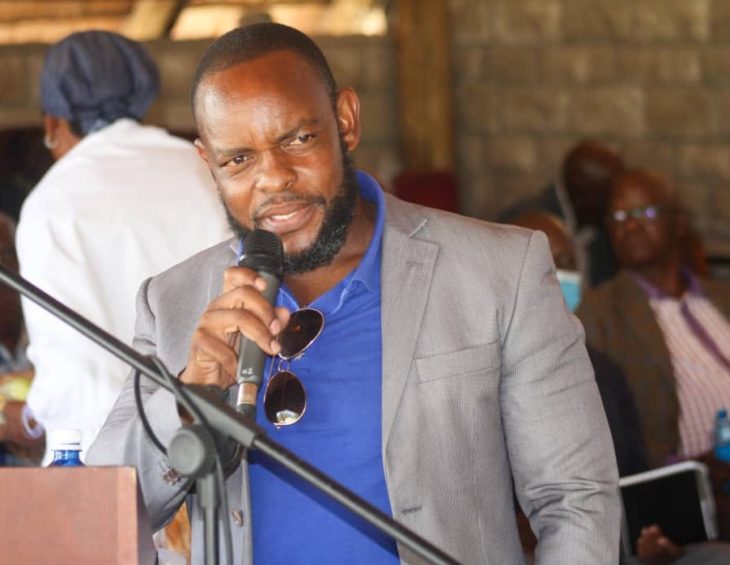
Simon Phuthego Founder of The Simon Phuthego Organisation
Maun athlete raises funds to fight human-wildlife conflict
8 December 2022A Maun-based athlete and mountain climber, Simon Phuthego has launched an organization to raise funds for victims of human-wildlife conflict.
The Simon Phuthego organization will also promote conversation and raise awareness about the Kanvango Zambezi Transfrontier Conservation (KAZA), a four-country conservation initiative in Southern Africa.
Human-wildlife conflict is a major issue of concern in the KAZA region, a conservation block covering Botswana, Angola, Zimbabwe and Zambia and Namibia in the wildlife-rich areas.
He kick-started his charity organization by hosting a charity walk last week and said the first beneficiaries of the funds will be two victims of a crocodile attack in Maun. Nkoketsang Monnawatsheko and her daughter, Cecilia Monnawatsheko escaped death by a whisker after they were attacked in 2020 by a crocodile in Maun while harvesting water lily tube, a local delicacy. Both women lost their arms and are now disabled.
Phuthego said crocodile attacks and human wildlife conflict has increased recently and victims are mostly poor people trying to earn a living.
He said Monnawatsheko’s means of survival following the incident has drastically changed as they are no longer able to harvest the much relished water lily tubers. The family earned a living by selling the water lily at Old Maun Mall.
In a previous interview, Monnawatsheko explained that after the attack, the government only paid for medical expenses but could not help with any other form of compensation. She said a handful of companies came to their rescue to buy groceries but that has not sustainable. She appealed to the government to compensate them with a living allowance to sustain their lives instead of relying on handouts.
The NGO will assist the family with artificial limbs and offer counseling, according to Phuthego.
Human-wildlife conflict has increased partly as a result of human encroachment into natural reserves. It has also been increased by the effects of climate change. Conflicts over natural resources have increased as communities, particularly farmers, compete for diminishing waster, pasture and food resources with wildlife.
The KAZA region has the world’s largest population of freely roaming African elephants.


Join the Conversation